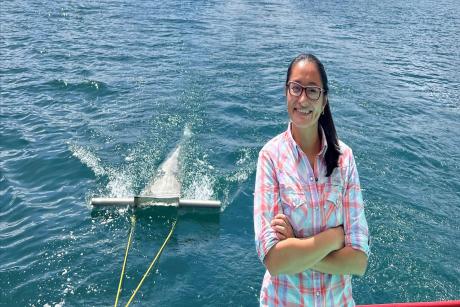Our Mission
Climate change and biodiversity loss pose grand, intertwined challenges to nature and society. In the sea, those changes are largely invisible. MarineGEO is a growing network of partner observatories around the world working to reveal how and why coastal marine life and habitats are changing, globally and locally, to inform evidence-based solutions.




